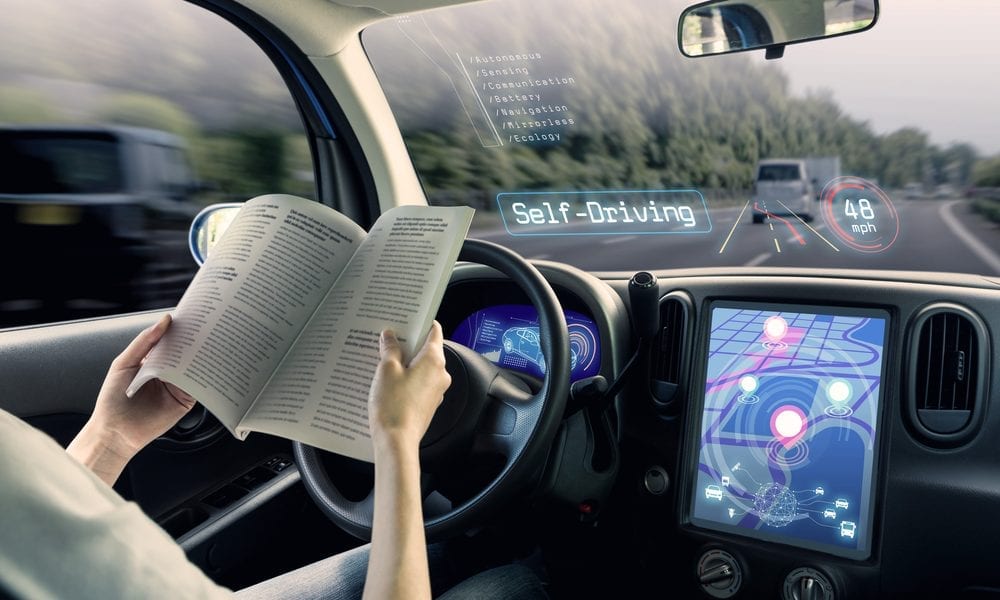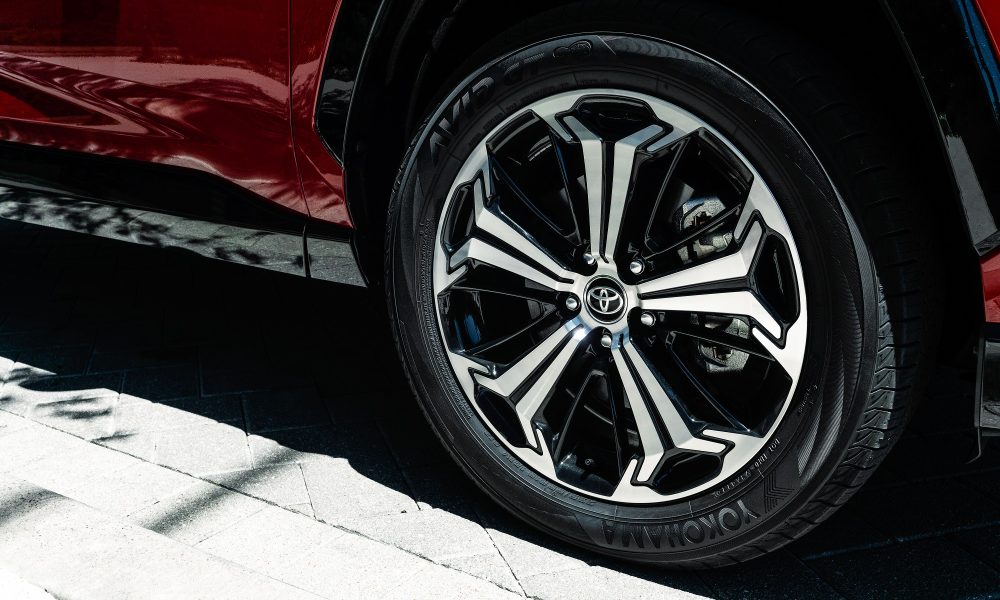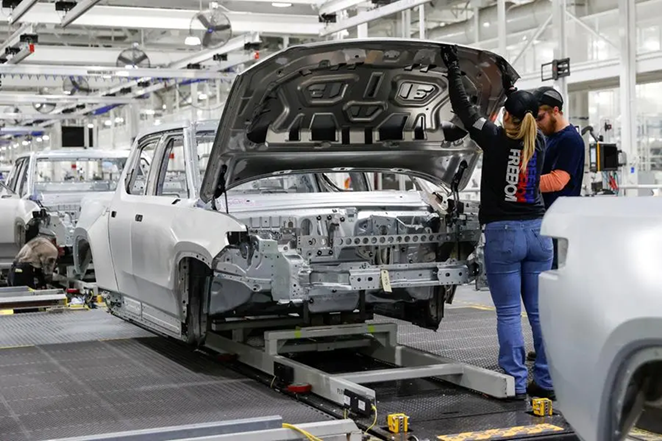Navigating Singapore’s transport landscape through Singapore Car Rental – https://www.singaporecarrental.sg/ reveals something curious about how we move through urban spaces, how we claim temporary ownership of machines that reshape our relationship to distance, time, and place. The island nation’s compact geography creates unique possibilities for vehicle hire that extend far beyond mere convenience.
The Economics of Temporary Ownership
What does it mean to rent mobility? In Singapore’s context, where permanent vehicle ownership requires substantial financial commitment through certificates of entitlement, the rental model presents an alternative that deserves examination. The practice transforms expensive metal objects into accessible tools, redistributing access to movement across economic boundaries.
The mathematics becomes compelling when considering the occasional need versus the permanent possession. A family requiring transport for weekend excursions, business travellers needing flexibility, or residents exploring extended stays beyond public transport networks all participate in this temporary ownership economy. The rental model acknowledges that mobility needs fluctuate, that permanent solutions often prove inefficient.
Categories of Movement: From Compact to Expansive
Singapore’s rental market offers distinct vehicle categories, each serving different spatial and social requirements:
• Compact vehicles suit urban navigation, parking constraints, and fuel efficiency concerns
• Station wagons accommodate families and luggage whilst maintaining manoeuvrability
• Full-size and SUV options provide comfort for longer journeys and group transport
• Minivans and MPVs serve larger groups and commercial applications
This categorisation reveals how transport needs resist simple solutions. The choice between compact efficiency and spacious comfort reflects deeper questions about how we prioritise speed, space, and resources. Each category implies different relationships to the environment, different assumptions about passenger numbers, and different approaches to the balance between individual and collective transport.
Island-Wide Accessibility: Redefining Transport Networks
“We offer daily vehicle hire for all makes and models. With our flexible arrangements, you’ll always have the ideal ride available for any event or occasion. Additionally, our island-wide delivery service ensures utmost convenience when requesting a different automobile.”
This delivery model transforms traditional rental paradigms. Rather than requiring customers to travel to collection points, the service brings mobility directly to users’ locations. Such approaches recognise that transport solutions should reduce rather than multiply journey requirements.
The concept of island-wide delivery particularly suits Singapore’s geographic reality. The nation’s compact size makes comprehensive coverage achievable, whilst the urban density creates demand for location-specific services. This model suggests possibilities for reimagining how transport services integrate with urban planning and daily routines.
Beyond Tourism: Rental as Infrastructure
Vehicle rental serves multiple constituencies beyond leisure travellers. Business requirements, temporary relocations, vehicle maintenance periods, and special occasions all generate demand for flexible transport solutions. The market’s diversity reveals how mobility needs extend throughout urban life rather than concentrating in tourist districts.
Corporate Applications and Extended Arrangements
The expansion into corporate fleet solutions and long-term arrangements indicates recognition that rental models can substitute for ownership across various time scales. Monthly arrangements provide alternatives to lease agreements whilst offering greater flexibility for changing circumstances.
Extended rental periods blur boundaries between temporary and permanent access. At what point does renting become functionally equivalent to owning? The question matters because it highlights how traditional ownership models might prove unnecessarily rigid for many users’ actual requirements.
Maintenance and Support: The Infrastructure Behind Movement
Effective rental operations require extensive support systems: vehicle maintenance, insurance coverage, breakdown assistance, and replacement provisions. These background elements reveal the complexity hidden behind apparently simple transactions. Users exchange money for temporary access, but numerous institutional arrangements enable this exchange.
The promise of unlimited mileage and comprehensive servicing shifts responsibility from the user to the provider, creating different relationships to vehicle care and maintenance. Users need not concern themselves with routine servicing or unexpected repairs, allowing focus on transport rather than mechanical considerations.
Cross-Border Possibilities: Extending Geographic Reach
Singapore’s position as a regional hub creates opportunities for rental arrangements extending beyond national boundaries. Cross-border travel to Malaysia opens possibilities for extended exploration whilst maintaining familiar vehicle access. Such arrangements acknowledge that political boundaries need not restrict mobility solutions.
Environmental and Urban Planning Considerations
Rental models offer potential environmental advantages through improved vehicle utilisation rates. Shared access to fewer vehicles could reduce overall automotive production requirements whilst still meeting transport needs. However, these benefits depend on rental patterns and their relationship to public transport usage.
The integration of rental services with urban planning requires careful consideration. Convenient access encourages usage, but excessive private vehicle usage conflicts with sustainable urban development goals. The challenge involves optimising flexibility whilst supporting broader transport network efficiency.
Quality Standards and User Experience
Modern rental services emphasise vehicle quality, technological features, and comfort standards. Fleet renewal ensures access to current automotive technologies, whilst comprehensive maintenance preserves safety and reliability standards. These commitments recognise that transport quality affects user experience and satisfaction.
Future Mobility Patterns
Singapore’s approach to vehicle rental suggests evolving relationships between ownership, access, and mobility. As urban environments become increasingly complex and environmental concerns intensify, flexible access models may prove more sustainable than traditional ownership patterns.
The rental model’s success depends on its ability to provide reliable, convenient access whilst integrating with broader transport networks. Success requires not just vehicle availability, but comprehensive support systems that reduce user friction and uncertainty.
Contemporary urban mobility increasingly demands flexibility, efficiency, and environmental responsibility. Singapore’s rental market demonstrates how temporary ownership models can meet these requirements whilst providing convenient access to diverse transport options. For those seeking comprehensive mobility solutions that adapt to changing needs, exploring the possibilities available through Singapore Car Rental – https://www.singaporecarrental.sg/ offers insights into how modern transport can serve diverse requirements without requiring permanent vehicle ownership.






